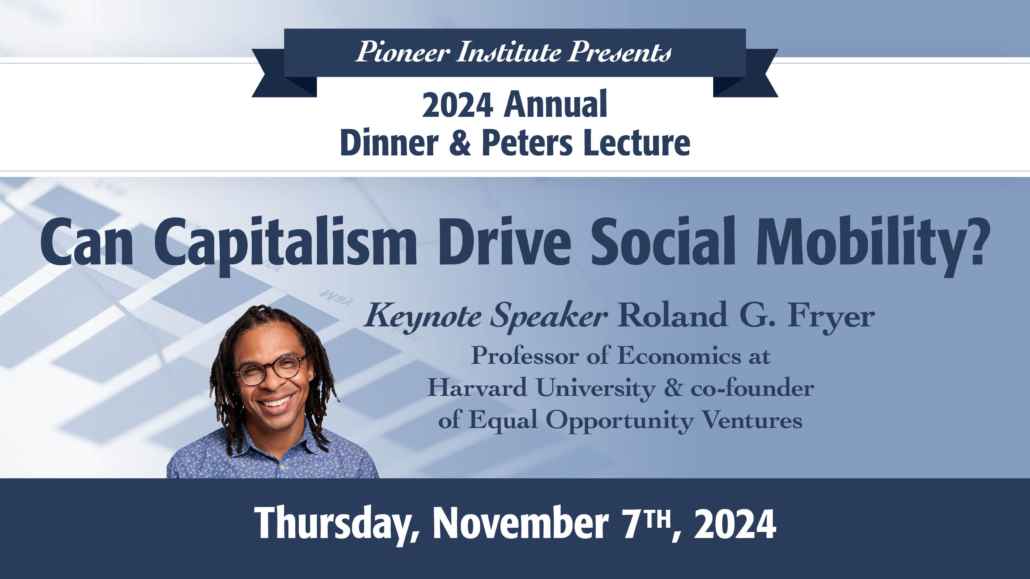BBC Classics Prof. Bettany Hughes on Athenian Democracy, Socrates, & the Goddess Aphrodite
This week on “The Learning Curve,” Gerard and Cara talk with Professor Bettany Hughes, award-winning historian, BBC broadcaster, and author of the best-selling books Helen of Troy: Goddess, Princess, Whore; The Hemlock Cup: Socrates, Athens, and the Search for the Good Life; and Venus and Aphrodite: History of a Goddess. Prof. Hughes shares insights from her most recent book about the ancient deity known as Venus to Romans and Aphrodite to the Greeks, and her impact on our understanding of the mythology and history of beauty, romance, and passion. She discusses Aphrodite’s mythical role in sparking the Trojan War, portrayals of her across Western culture, and enduring lessons. They then turn to the ancient Greeks’ contributions to the foundations of Western philosophy, poetry, and government, and why studying classics, including figures like Socrates, is vital for education in the 21st century. And they explore the timeless wisdom and cautionary lessons all of us can draw from studying ancient Athenian democracy, Sparta, and the civic life of Greek city-states, the West’s earliest models of self-government. She concludes with a reading from her book, Venus and Aphrodite.
Stories of the Week: West Virginia Gov. Jim Justice signed the Hope Scholarship bill, providing publicly funded education savings accounts for public school students who enroll in private or home school. Heritage Foundation’s Lindsey Burke writes about a controversial new ethnic studies curriculum for K-12 students, adopted by the California State Board of Education.
The next episode will air on Wednesday, April 14th, 2021 at 12 pm ET with guest Jay Mathews, education columnist for The Washington Post and author of the recent book, An Optimist’s Guide to American Public Education.
Guest:
 Professor Bettany Hughes is an award-winning historian, author, and broadcaster, who has devoted the last 25 years to the vibrant communication of the past. Her speciality is ancient and mediaeval history and culture. Her first book, Helen of Troy: Goddess, Princess, Whore has been translated into ten languages. Her second, The Hemlock Cup: Socrates, Athens, and the Search for the Good Life was a New York Times bestseller and was shortlisted for the Writer’s Guild Award. Her third, Istanbul – A Tale of Three Cities was shortlisted for the Runciman Award, was a Sunday Times bestseller, and been translated into twelve languages. Her most recent book is Venus and Aphrodite: History of a Goddess – currently shortlisted for The Runciman Prize. Hughes has written and presented over 50 TV and radio documentaries for the BBC, Channel 4, Netflix, Discovery, PBS, The History Channel, National Geographic, BBC World, ITV, and her programmes have now been seen by over 500 million worldwide. She was named as one of the BBC’s 100 Global Women, and as a commentator she is asked to contribute to The New York Times, The Guardian, The Times, The Sunday Times, Prospect Magazine, and The New Statesman. In 2017, she was chosen as one of London’s 20 most influential cultural people by the Evening Standard in their 1000 awards. In 2019, Bettany became Chair of the Man Booker International Prize for Fiction, and was awarded an Order of the British Empire for services to history. In 2020, she was given Europe’s prestigious Cultural Heritage Award – the first ever woman to receive this honour.
Professor Bettany Hughes is an award-winning historian, author, and broadcaster, who has devoted the last 25 years to the vibrant communication of the past. Her speciality is ancient and mediaeval history and culture. Her first book, Helen of Troy: Goddess, Princess, Whore has been translated into ten languages. Her second, The Hemlock Cup: Socrates, Athens, and the Search for the Good Life was a New York Times bestseller and was shortlisted for the Writer’s Guild Award. Her third, Istanbul – A Tale of Three Cities was shortlisted for the Runciman Award, was a Sunday Times bestseller, and been translated into twelve languages. Her most recent book is Venus and Aphrodite: History of a Goddess – currently shortlisted for The Runciman Prize. Hughes has written and presented over 50 TV and radio documentaries for the BBC, Channel 4, Netflix, Discovery, PBS, The History Channel, National Geographic, BBC World, ITV, and her programmes have now been seen by over 500 million worldwide. She was named as one of the BBC’s 100 Global Women, and as a commentator she is asked to contribute to The New York Times, The Guardian, The Times, The Sunday Times, Prospect Magazine, and The New Statesman. In 2017, she was chosen as one of London’s 20 most influential cultural people by the Evening Standard in their 1000 awards. In 2019, Bettany became Chair of the Man Booker International Prize for Fiction, and was awarded an Order of the British Empire for services to history. In 2020, she was given Europe’s prestigious Cultural Heritage Award – the first ever woman to receive this honour.
Tweet of the Week
Incredibly, many school districts won't commit to returning to full-time in-person schooling NEXT FALL https://t.co/qh4Ep4zGwa
— Jonathan Chait (@jonathanchait) April 4, 2021
Get new episodes of The Learning Curve in your inbox!
Browse recent episodes:













